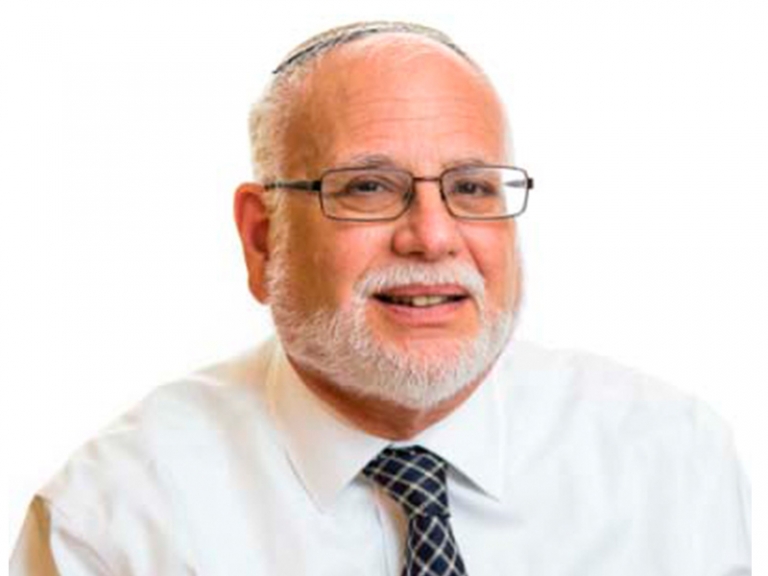
Dear Hebrew Academy Community:
Every once in a while we hear news of a terrible event which takes place just at a moment of great joy. We hear—we pray that such an event will never affect us or our loved ones-- of a parent or even a bride or groom who dies tragically on the day of a wedding. This intermingling of intense joy and profound sadness unfolds in Parashat Shemini.
It was Rosh Chodesh Nisan, the day chosen to ceremoniously dedicate the Mishkan which had just been completed. Aharon HaKohen tells the people to bring the first sacrifices which were to be offered to Hashem.
ויקרבו כל העדה ויעמדו לפני ה
The entire Congregation of Israel came close and stood joyously before God as they watched Aharon and his sons carefully perform all of the sacrificial rituals. The Midrash tells us what happened next. Everything was ready. All the sacrifices had been prepared. The priests had done everything they were commanded to do. They waited for fire to descend from above to consume the Korbanot. And nothing happened. Aharon was devastated. He said, “I know that Hashem is angry with me [for my role in creating the Golden Calf]. It is my fault that the Shekhina, the Divine Presence, has not descended for the People of Israel. Is this what my brother Moshe did to me, telling me what to do so that I would be humiliated?” Moshe immediately joined his brother in prayer. Suddenly ותצא אש מלפני ה —Fire went forth from before Hashem to consume the Korbanot and the entire nation prostrated themselves before God and begin to sing songs of praise and thanksgiving. What a joyful high! God had chosen to have His Divine Presence reside in the Mishkan that the entire nation had constructed for Him!
In the very next Pasuk, however, joy gives way to tragedy. Aharon’s sons, Nadav and Avihu, overcome by religious ecstasy and the need to express their emotions before Hashem, on their own initiative picked up fire pans and set the incense within them on fire, doing exactly the same thing that Aharon had done just a few minutes earlier. The result? Using the same words we just saw as a source of joy, ותצא אש מלפני ה —Fire went forth from before Hashem. But this time the fire went forth and consumed the brothers. “And they died before Hashem.”
Why this terrible punishment for individuals who were responding to an emotional need to come close to Hashem? Many different answers have been given, but the primary reason is supplied to us by the Pasuk itself. They had brought before Hashem an alien fire אשר לא צוה אותם—which He had not commanded them to do. There is an expectation in Judaism that we find meaning and joy in the performance of Mitzvot but as articulated by the Bracha which we make immediately before we perform a ritual Mitzvah we do so only when אשר קדשנו במצותיו וצונו—when Hashem has commanded us to do so. It is told, for example, that the Gaon of Vilna used beer, rather than wine, for Havdalah at the end of Pesach to demonstrate that the only reason he had refrained from Chametz during the previous eight days was in obedience to Hashem’s Mitzvah. We begin with subjugating ourselves to God’s will and if we do the Mitzvah thoughtfully we can then proceed to experience the emotional and spiritual joy inherent in obeying the will of the Creator.
That is the dual lesson of this week’s Torah reading. On the one hand, it shows us that human beings are through their actions indeed capable of meriting the Divine Presence but that authentic Judaism calls not for spontaneous expressions of spirituality but for joy and spirituality which are the results of that which Hashem has commanded.
Dr. Kalman Stein
Head of School

